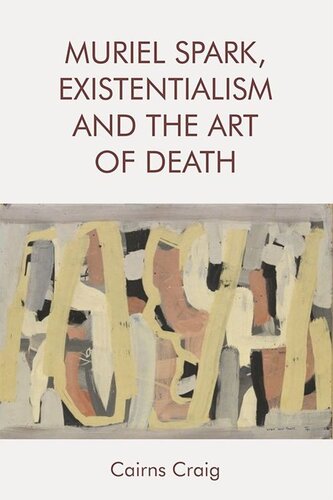

Most ebook files are in PDF format, so you can easily read them using various software such as Foxit Reader or directly on the Google Chrome browser.
Some ebook files are released by publishers in other formats such as .awz, .mobi, .epub, .fb2, etc. You may need to install specific software to read these formats on mobile/PC, such as Calibre.
Please read the tutorial at this link: https://ebookbell.com/faq
We offer FREE conversion to the popular formats you request; however, this may take some time. Therefore, right after payment, please email us, and we will try to provide the service as quickly as possible.
For some exceptional file formats or broken links (if any), please refrain from opening any disputes. Instead, email us first, and we will try to assist within a maximum of 6 hours.
EbookBell Team

4.4
102 reviewsThis book proposes that Christian existentialism and, in particular, the work of Søren Kierkegaard, helped shape Spark’s religious commitments and her artistic innovations. Because of the prominence, after the Second World War, of the atheistic existentialism of Jean-Paul Sartre, it is often forgotten that existentialism was originally a Christian philosophy, shaped by followers of Kierkegaard such as Karl Jaspers and Gabriel Marcel.
Craig traces in Spark’s writings both the influence of Kierkegaard and of Spark’s resistance to Sartre’s co-option of existentialism to an atheistic agenda. Kierkegaard’s analysis of the nature of the ‘aesthetic’ as a false mode of existence that has to be transcended by the ethical and then by the religious provides a fundamental structure for Spark’s satirical analyses of the failings of the modern world.